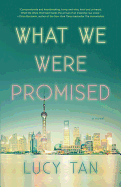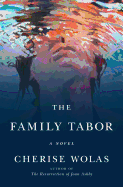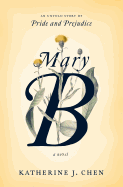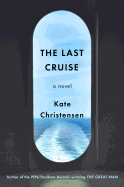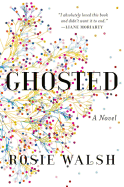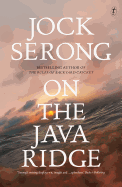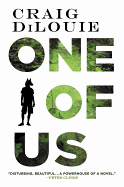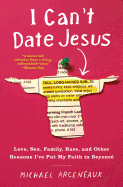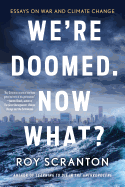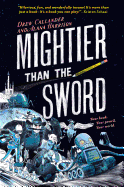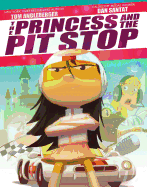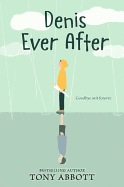 |
| photo: Anna Pumer Photography |
The exuberant Rosie Walsh, a former contributor to Marie Claire
magazine and a documentary film producer (and author of four romance mysteries under the pseudonym Lucy Robinson), is making her U.S. debut with Ghosted
(reviewed below). Many of us can relate to the phenomenon of being "ghosted" and what it feels like to never hear from someone again. Having experienced it herself too many times, Walsh decided to write a novel about that rare time when there might be a good reason behind the ghosting.
Why did you to write under a pseudonym for your four prior novels and switch to your real name for Ghosted?
I started out under a pseudonym because I was writing a dating blog for Marie Claire. Clearly, I couldn't use my real name, because who would go on a date with a woman who was going to write about it the next day? For everyone's sake, I took on a nom de plume. I just picked the name of the girl who lived next door to me--I gave it very little thought. It certainly didn't cross my mind that this name would end up appearing on the front of four book jackets! But I liked that those books came out under a pseudonym. I think, deep down, I wanted to keep my own name for a book that came straight from my soul, and Ghosted was that book. As soon as my agent started reading it, she proposed that we send it out on submission under my own name.
Ghosted is your first novel to be published in the U.S. and there is global buzz surrounding the book. What would you say is the winning formula of Ghosted?
Firstly, Eddie's disappearance provides readers with a major mystery to solve--a mystery that most of us, at some point, will have had to solve in our own lives. And no sooner is it solved, another one pops up. These mysteries, studded with twists, keep the pace thundering along.
Yet in amongst all these twists and turns, there runs not only an epic love story, but a tale of grief, forgiveness, family and mental health. In this respect, I think Ghosted draws on many genres, so probably appeals to a wide readership.
What influence did your career as a documentary film producer have on your fiction writing?
It taught me the fundamentals of storytelling. You can't just pitch a documentary about an interesting subject these days--you need to go in with a fully rounded narrative arc. I find it very difficult to start a book unless I have the full arc planned out, and this means plotting a great deal of detail before writing a single word. It can be paralyzing, but it works for me.
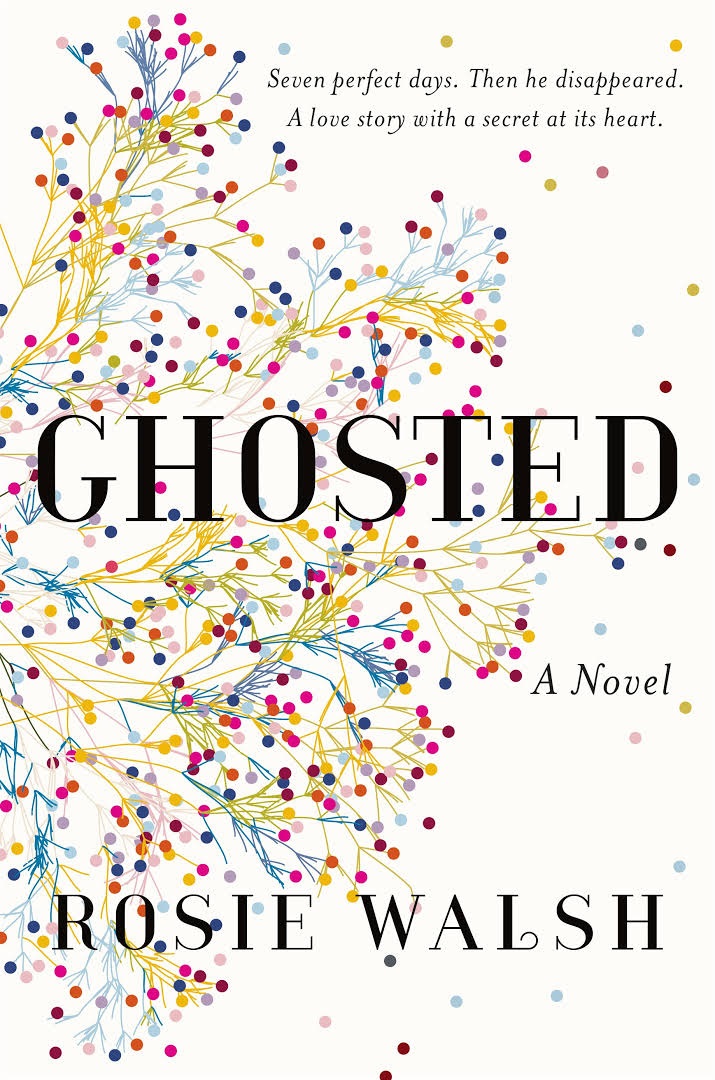 You make clever use of texts and Facebook posts to build suspense. What role does technology play in making it easier or harder to ghost someone?
You make clever use of texts and Facebook posts to build suspense. What role does technology play in making it easier or harder to ghost someone?
It's as easy to ghost someone now as it was 50 years ago. It's what happens next that's different. Before mobile phones and social media, you could tell yourself any number of lies about why your phone hasn't rung--you could convince yourself that they'd lost your phone number or that they had dropped dead in the street. Nowadays, with digital connectivity as it is, it takes a great leap of faith to convince yourself of the above. (And yet we all still do it. Myself included.)
An underlying theme in your novels is the protagonist who is not what he or she seems. What attracts you to characters with mystery and enigma?
Are any of us who we seem? There have been two recent and widely reported suicides in the U.S.--Kate Spade and Anthony Bourdain. Both seemed successful, happy, confident--they have inspired fashion designers and chefs around the world. And yet both carried an inner pain that became too great to bear. Our outer lives are curated and edited all day long, whereas our inner worlds remain a mystery. I think it's hard for any writer not to be curious about that contrast.
Your website is filled with inspiration and advice for fledgling writers. Who or what encouraged, influenced or inspired you to write fiction?
A woman named Kate Burke who used to work for Penguin Random House in the U.K. e-mailed me, having read the blog I was writing for
Marie Claire in 2009 about Internet dating. She encouraged me to write a book. I said, "No thanks, I'm not a fiction writer." She answered, "Are you sure?" I was pretty sure, but I thought there was no harm trying it. I sat down one night in October '09 to "start my novel." I spent four hours staring at my computer screen. The next day I e-mailed her and asked, "How do you actually write a novel?" Her response--which still makes me laugh today--was uncompromising. She told me to "just write a novel!" It took many years to bring together the approach to writing that I outline on my website! --
Shahina Piyarali, writer and reviewer
Rosie Walsh: A Reason for Ghosting
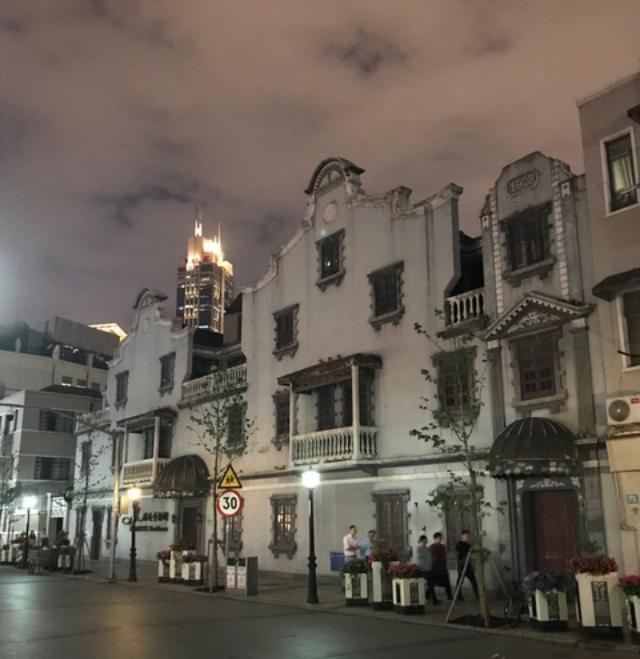 Our first stop was for spicy noodles after a long day on a train from Beijing to Shanghai. Our second was a little shop in the French Concession serving English-language literature and gelato. By now my boyfriend knows that when we travel, I'll find us at least one bookstore--per city. Dessert was just a bonus.
Our first stop was for spicy noodles after a long day on a train from Beijing to Shanghai. Our second was a little shop in the French Concession serving English-language literature and gelato. By now my boyfriend knows that when we travel, I'll find us at least one bookstore--per city. Dessert was just a bonus.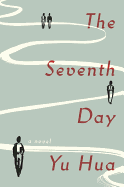 One bookseller handed me The Seventh Day by Yu Hua (Anchor, $16), like he'd known me for years. I had missed its initial U.S. release in 2015, but an ethereally wistful yet morbidly funny sojourn through the afterlife? Count me in! I basically swallowed it whole.
One bookseller handed me The Seventh Day by Yu Hua (Anchor, $16), like he'd known me for years. I had missed its initial U.S. release in 2015, but an ethereally wistful yet morbidly funny sojourn through the afterlife? Count me in! I basically swallowed it whole.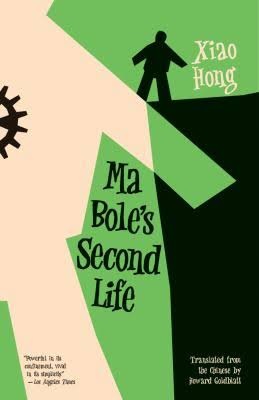 In retrospect, it was like Ma Bo'le's circuitous perambulations in Xiao Hong's tragicomic novel Ma Bo'le's Second Life (Open Letter, $15.95). Of course, Ma was puttering around the French Concession in the 1930s, apprehensive about the Japanese siege. Through this episodic, Dickensian story, Xiao nimbly observes the pull of Westernization and tension of impending war. I couldn't help but fly through it just this week, with a growing longing for a second chance at Shanghai.
In retrospect, it was like Ma Bo'le's circuitous perambulations in Xiao Hong's tragicomic novel Ma Bo'le's Second Life (Open Letter, $15.95). Of course, Ma was puttering around the French Concession in the 1930s, apprehensive about the Japanese siege. Through this episodic, Dickensian story, Xiao nimbly observes the pull of Westernization and tension of impending war. I couldn't help but fly through it just this week, with a growing longing for a second chance at Shanghai.



 You make clever use of texts and Facebook posts to build suspense. What role does technology play in making it easier or harder to ghost someone?
You make clever use of texts and Facebook posts to build suspense. What role does technology play in making it easier or harder to ghost someone?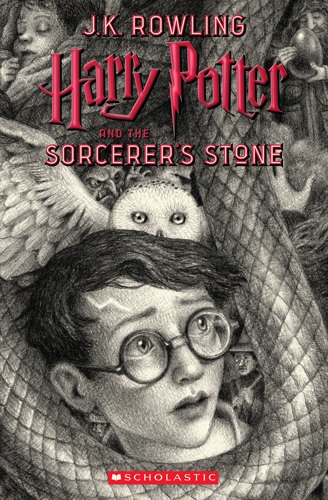 On September 1, 1998, readers in the United States got their first magical taste of what would become a global phenomenon. In the 20 years since Harry Potter and the Sorcerer's Stone cast its spell on children and adults alike, J.K. Rowling's world of wizardry has summoned seven books, plus spinoffs, eight movies, plus spinoffs, whole amusement parks and a Diagon Alley's worth of other odds and ends. No fan of fantasy or young reader growing up in the late '90s/early aughts will ever forget the Boy Who Lived, He-Who-Must-Not-Be-Named or any of the dozens of other unforgettable characters and places sprung from Rowling's fertile imagination.
On September 1, 1998, readers in the United States got their first magical taste of what would become a global phenomenon. In the 20 years since Harry Potter and the Sorcerer's Stone cast its spell on children and adults alike, J.K. Rowling's world of wizardry has summoned seven books, plus spinoffs, eight movies, plus spinoffs, whole amusement parks and a Diagon Alley's worth of other odds and ends. No fan of fantasy or young reader growing up in the late '90s/early aughts will ever forget the Boy Who Lived, He-Who-Must-Not-Be-Named or any of the dozens of other unforgettable characters and places sprung from Rowling's fertile imagination.